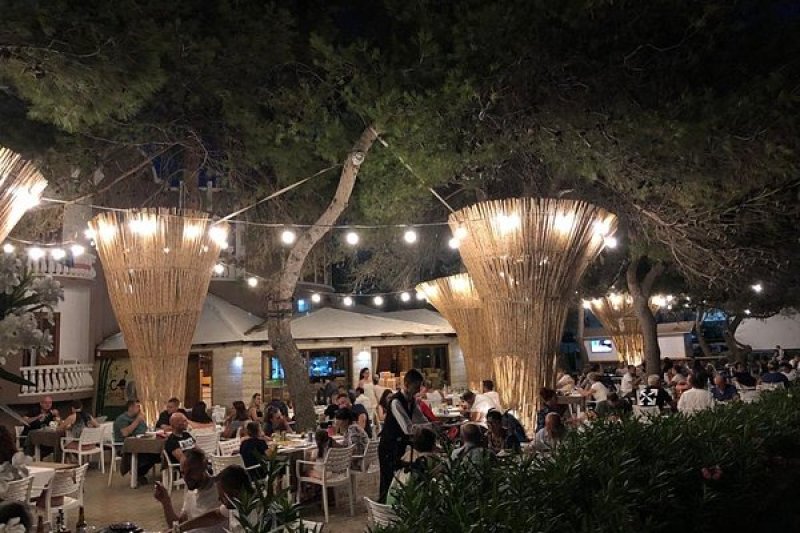Tourism Didn’t Impact Local Agriculture
The quantities of imported food increased further in July due to the stimulus from tourism on the one hand and restrictions from domestic production on the other.
According to data from the country’s statistical INSTAT, food imports in quantity increased by 22% in 7 months, compared to the same period a year ago. The trend was further strengthened in July as the annual growth was 20% in 6 months.
In terms of value, food imports increased by 9.2% as a result of the decrease in prices in international markets.
More detailed INSTAT data show that the largest increase in value was the imports of vegetables and live animals, which led to the group of food imports with respectively 57 and 45.5% each.
At the peak of agricultural production, Albania saw an unprecedented increase in vegetable imports in quantity. Albanian hotels seem to have connected the supply chain with imports, and on the other hand, Albanian greenhouses and producers organized in large farms produce for export.
Data from foreign trade show that there is no link between domestic production links and tourism, as long as domestic consumption is driving imports.
Of all the import groups, the items related to tourism had the biggest increase. The supply of hotels and beaches marked the largest increase of all import groups.
The pressures on the increase in imports are increasing year by year due to the decline in agricultural production especially in the livestock sector. Small animal farms are rapidly being bankrupted by the aging and shrinking population in rural areas.
Since the beginning of the last decade, agriculture has held steady growth rates, but in the last two years, the largest sector of the economy has entered a downward trend.
Official INSTAT data indicated that agriculture recorded a decline of 0.68% in 2023, the strongest since 1997, as the trend deepened further in the first quarter of 2024 where the decline was 1.7%.
The downward trend of growth rates started in 2013. In the last 10 years, agriculture has grown by an average of 1%, while the result has weakened in the last three years to turn negative in 2023.
In the 2024 budget, the agriculture sector received at least 9% less funding than the 2023 plan. There have been major cuts in funds allocated to farmers and rural development. The support measures for agricultural production and rural development will be Lek 7.1 billion, from Lek 10 billion this year with a 28% reduction, or about Euro 25 million.
This decrease is a big blow, at a time when the European Union has also blocked funds from the IPARD scheme due to the corrupt affairs it found with the allocation of funds in Albania.













